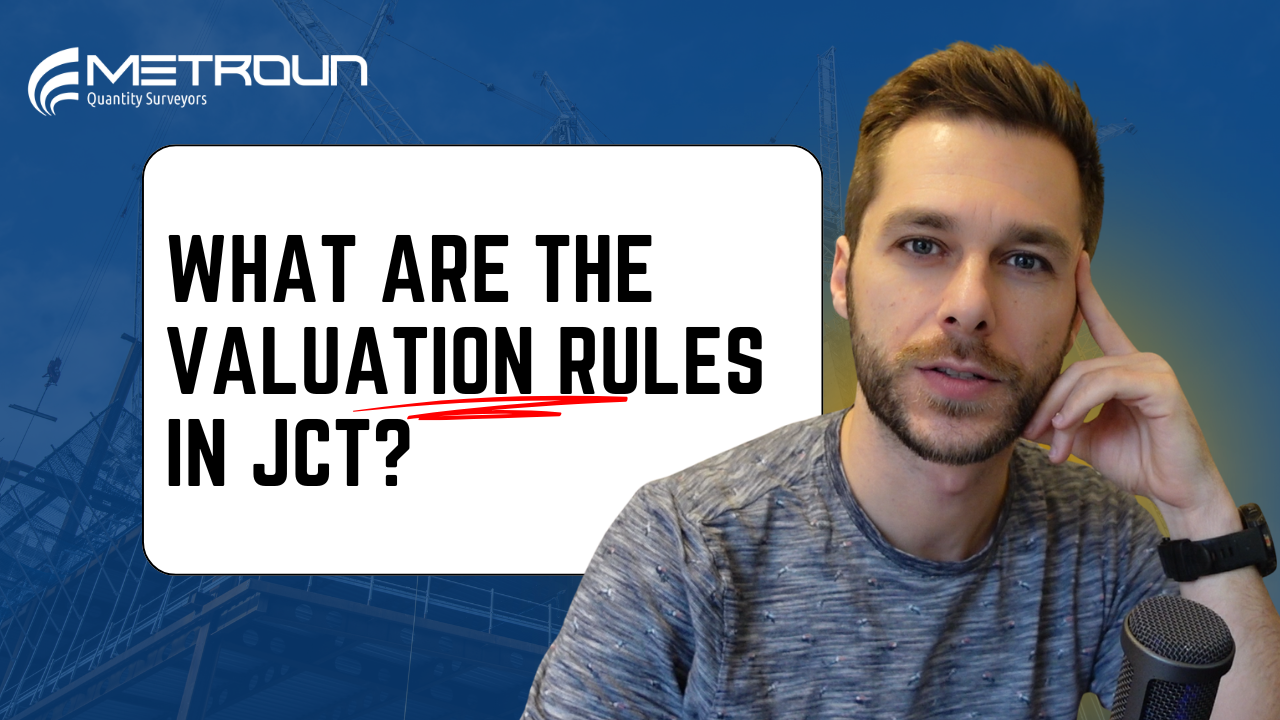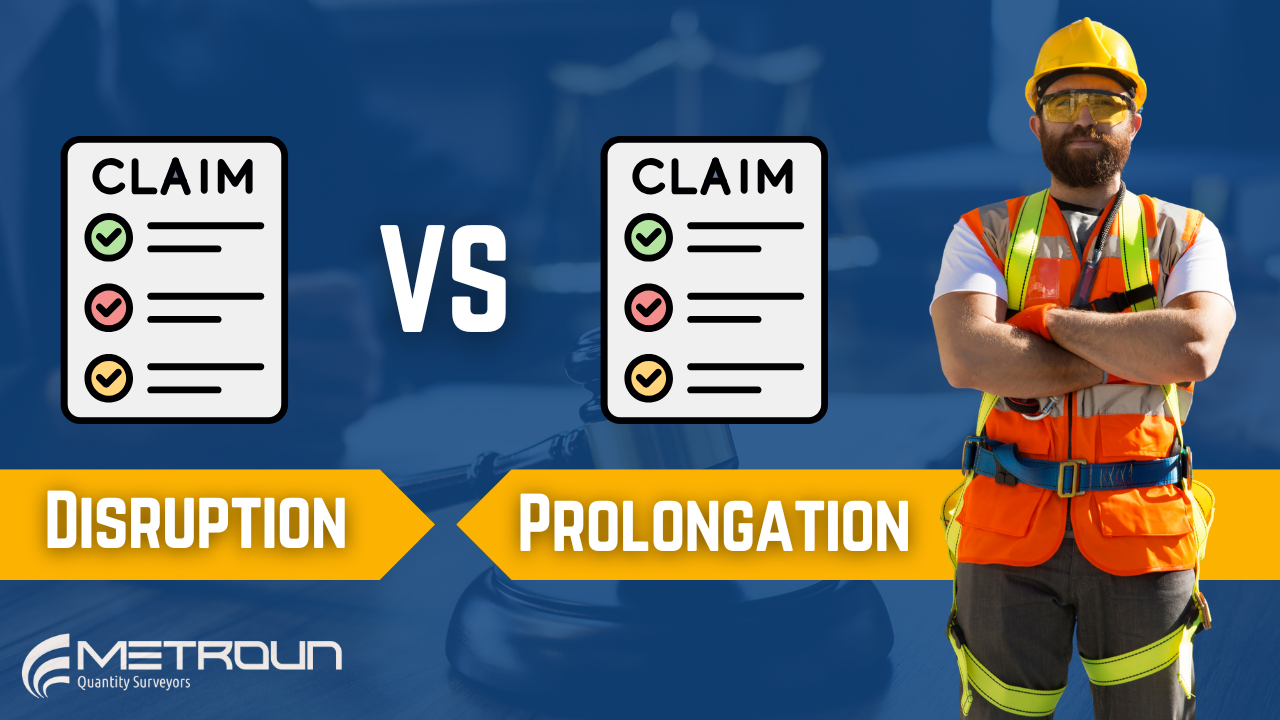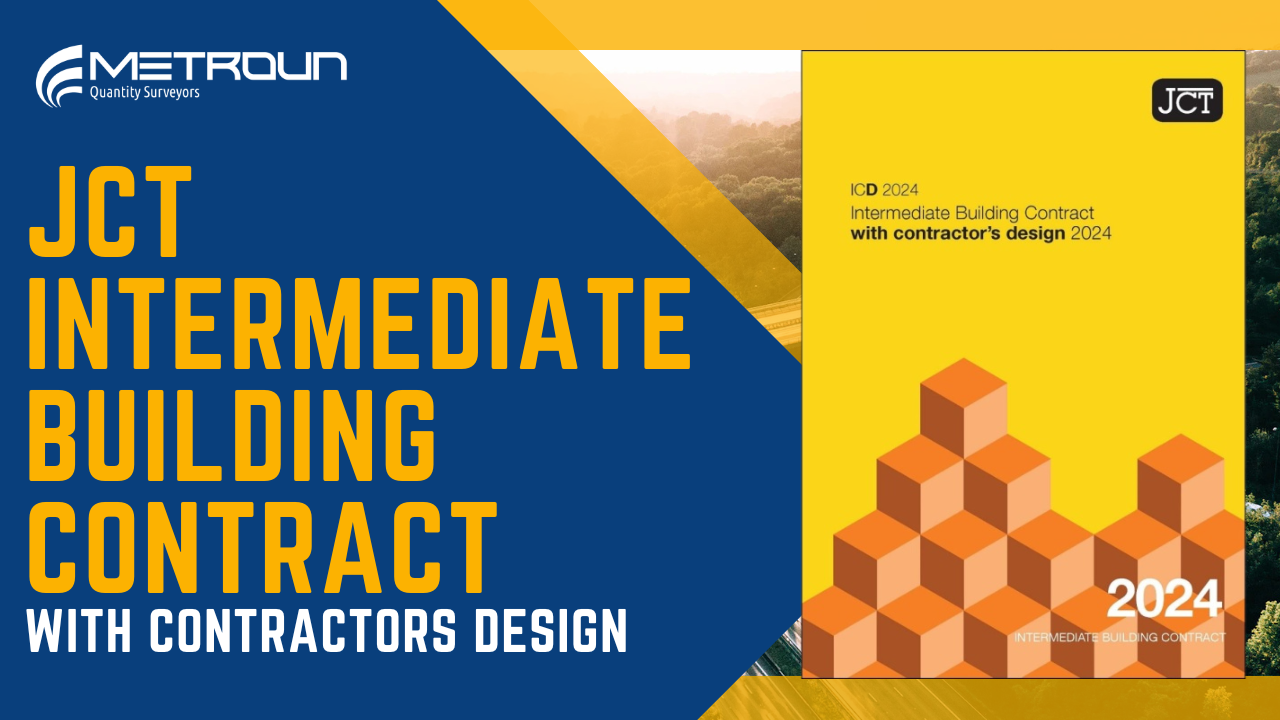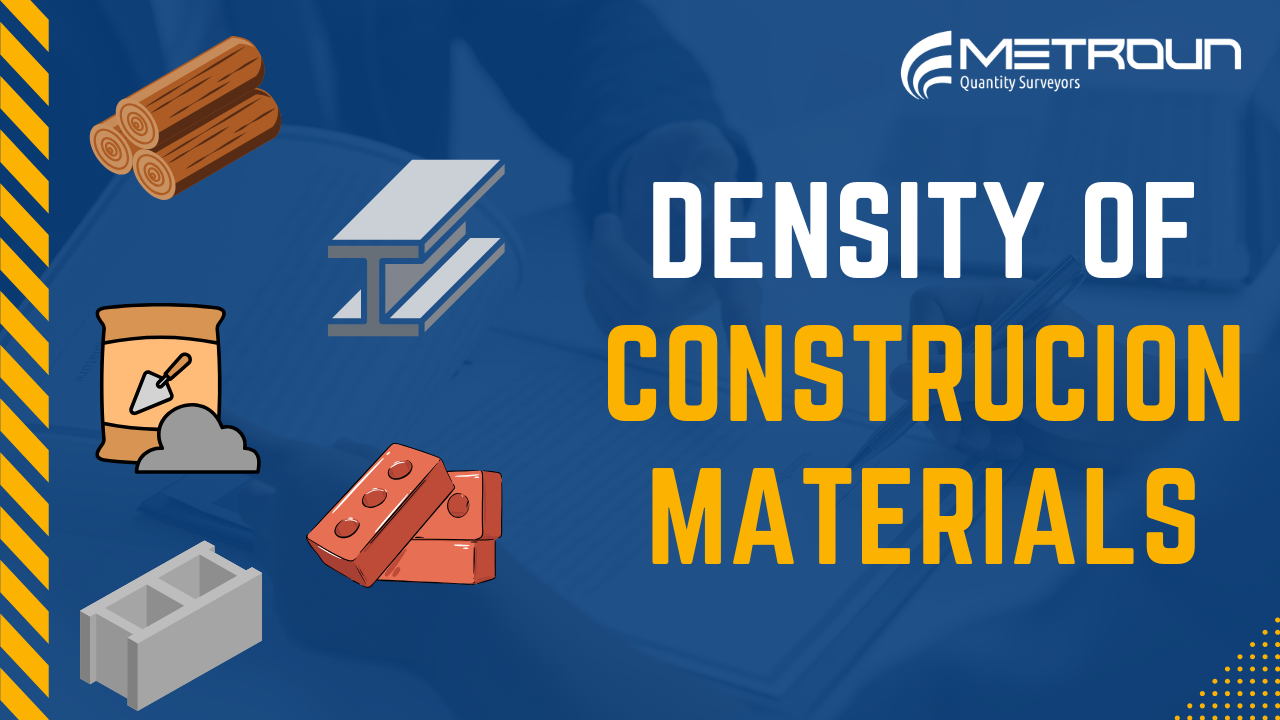Congratulations! You’ve finally done it. After all that effort in searching and applying for jobs, you’ve secured an interview for your dream Quantity Surveyor position. But now isn’t the time to relax just yet. You still need to nail the interview and show you’re every bit as capable as your CV claims. That’s where we come in. In this article, we’ll explore 5 common competency-based interview questions for a Quantity Surveyor role. Let’s get started.
1. Explain the different payment mechanisms and how they influence monthly valuation?
Here’s how you can answer this question effectively:
- Understand the types of payment mechanisms: Describe key mechanisms like lump sum, re-measurement, cost reimbursement or target cost.
- Explain how they impact monthly valuations: For each type, outline how interim payments are calculated, e.g., lump sum based on percentage or activity completion or re-measurement on actual quantities.
- Discuss cash flow and project control: Highlight how the chosen mechanism influences cash flow, project tracking, and financial management.
- Use a relevant example: Share an example of a project where you managed monthly valuations, detailing how the payment mechanism impacted your approach.
2. Have you ever had to handle a dispute over the valuation of works? How did you resolve it?
To answer this question:
- Acknowledge the reality of disputes: Valuation disputes are common in construction, and it’s important to stay professional.
- Explain your approach to resolving disputes: Describe how you assess the situation using contract terms, clear communication, and a fair assessment of the facts.
- Discuss negotiation skills: Talk about how you facilitate productive discussions to find a resolution, focusing on collaboration rather than conflict.
- Highlight your knowledge of contract law: Reference your understanding of relevant contracts (e.g., JCT, NEC) and dispute resolution procedures like adjudication or mediation.
- Provide a real-life example: Share a situation where you successfully resolved a dispute, explaining the steps you took and the outcome achieved.
3. Explain the CVR process from start to finish.
When explaining the CVR (Cost Value Reconciliation) process:
- Start by defining CVR: Explain that CVR is a tool to compare project costs against value, helping to monitor financial performance.
- Outline each stage of the process:
- Generate a report for cost incurred & forecast cost not yet incurred for work carried out
- Assess the work completed against the contract sum
- Compare the cost against value of work done.
- Assess any discrepancies between costs and value to identify risks.
- Prepare financial reports for stakeholders, outlining key issues and potential corrective actions.
- Highlight its importance: Explain how CVR supports project management by providing a clear picture of financial health.
- Use a practical example: Provide an example where the CVR process helped identify a risk early on, leading to corrective actions and improved financial outcomes. Explain the concept of accrual accounting, and how it’s used in the CVR process.
Another great way to prepare for your interview is to sign up for Metroun Learning. Once signed up, you’ll have access to over 80 courses with quizzes to test your knowledge and certificates to signify completion. Head over to Metroun.co.uk to find out more.
4. How would you deal with a situation where cost is exceeding value on a project?
When answering this question:
- Acknowledge the problem: Discuss the impact on profitability and project success when costs exceed value.
- Identify causes: Mention that you would investigate root causes, such as scope changes, procurement issues, or site inefficiencies.
- Propose corrective actions: Suggest solutions like renegotiating with suppliers, applying value engineering, or investigate the potential for claims or variations to the contract sum.
- Discuss the importance of early intervention: Emphasise how regular monitoring and reporting help you catch and address these issues before they escalate.
- Provide an example: Share an instance where you faced this issue, the steps you took, and the result, showing how proactive management can control costs effectively.
5. How would you go about assessing an application for payment?
For this question, your answer should include:
- Reviewing the contract terms: Ensure the application aligns with the contract’s payment terms and conditions.
- Measuring work progress: Assess the completed work to date, verifying it against the contract and any approved variations.
- Checking valuation compliance: Confirm that the values submitted match agreed rates and prices for the works undertaken.
- Verifying documentation: Ensure that all supporting documents, such as invoices and timesheets, are provided and accurate.
- Issuing payment certificates: Explain the sign-off process, including issuing payment certificates and communicating with the client.
- Provide an example: Discuss a scenario where you assessed an application for payment, highlighting the thorough steps you followed to ensure compliance and accuracy.
Introducing Metroun Learning
Metroun Learning is an online education platform, specific to Quantity Surveyors which can satisfy all your formal CPD needs. We offer over 50 hours of formal CPD, with new courses added each month. Although all courses amass to 50 hours of formal CPD, each individual course has been engineered so it can be completed during your lunch break. This can save you time, money & reduce your carbon footprint. Metroun Learning will not only satisfy your formal CPD needs, but you’ll also gain access to:
- The QS Dictionary
- Industry-Ready Templates
- Metroun AI
- And a variety of construction conversion calculators
To join Metroun Learning, simply click here











